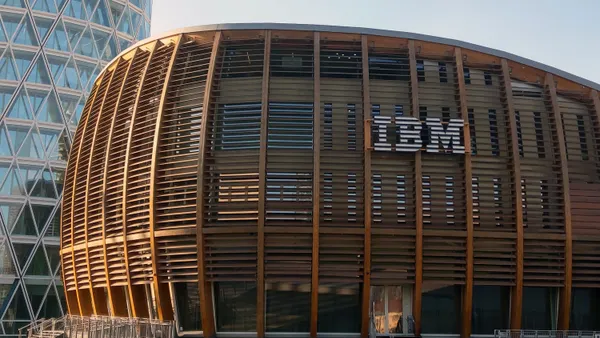Dive Brief:
- Enterprise uptake of generative AI will lead to a widescale upskilling sprint among software engineers, according to Gartner research released Thursday.
- Around 4 in 5 engineers will need to upskill by 2027 as generative AI reshapes existing workflows and job functions, Gartner analysts predict.
- “Building AI-empowered software will demand a new breed of software professional, the AI engineer,” Philip Walsh, senior principal analyst at Gartner, said in the announcement.
Dive Insight:
The impact of generative AI on software engineering has garnered enterprise attention since executives began crafting adoption plans.
While businesses have emphasized a cautious, risk-aware approach when introducing the technology into coding workflows, analysts say the majority of engineers will need to jump on board.
Gartner predicts 75% of software engineers will use AI-powered coding assistants by 2028, a significant spike from the less than 10% of developers that deployed AI coding tools early last year.
The technology still has drawbacks. Researchers have raised concerns about code churn, code quality and security. Most enterprises also grapple with legacy technology and outdated data management practices that hinder progress.
Skill gaps only exacerbate the challenges.
Executives say cybersecurity, AI and data are the top investment priorities for training, according to a Skillsoft report.
“In the AI-native era, software engineers will adopt an ‘AI-first’ mindset, where they primarily focus on steering AI agents toward the most relevant context and constraints for a given task,” said Walsh.












